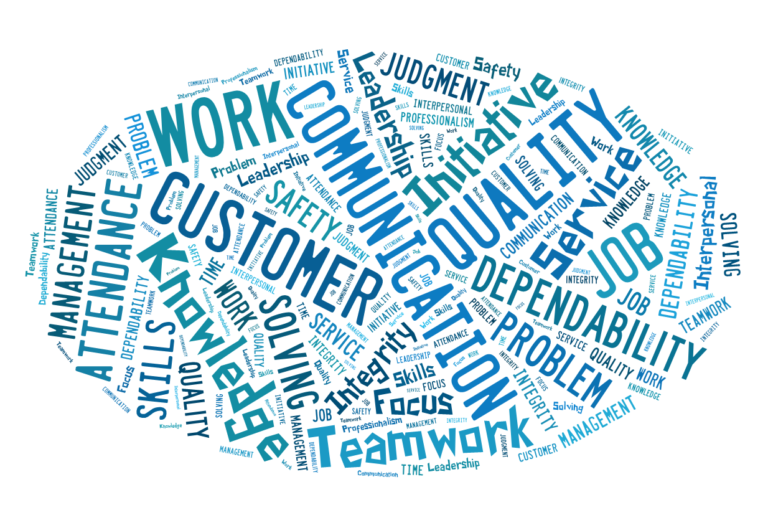A Manager’s Confession on Performance Feedback
Posted by Julie • November 11, 2014 (Last modified July 29, 2018) • 2 min read
Performance Feedback: A Missed Opportunity
I should have provided more feedback during the year.
I can barely remember what I had for breakfast. I wish I could remember all the good things Joe has done this year.
I’ve given lots of feedback verbally. I just didn’t write it down.
There aren’t any problems, so this review can wait.
Mary is doing so well, she knows I know. I don’t have time right now.
I’ll track things better next year.
An Employee’s Hope
In “The Secret Life of Walter Mitty”, main character Walter is showing a his girlfriend’s son some amazing skateboard tricks. Sadly, every time Walter demonstrates an amazing trick, his girlfriend is turned the other way. He wanted her to see!
I rarely do amazing things. I can’t skateboard. But I did run a race last year. I wasn’t first, or even 401st. Even in my small moments of sloth-footed glory, I kind of hoped someone would notice, even if just to say, “I noticed how hard you tried.”
We all crave recognition and reward. But is it fair to ask managers to notice all employee accomplishments for the year? Does management ever notice managers for how much they are trying to notice everyone else? And, is it fair that managers feel guilty when they don’t notice everything?
What if the performance feedback loop was more balanced? Employees document accomplishments and goals, managers do too, and conversations are had. What if we spent more time helping employees understand why and how to share their accomplishments?
- Who can remember all of the accomplishments best? (Employee)
- Who wants to make sure management notices the efforts? (Employee)
- Who knows the details of the story? (Employee)
- Who has spent the most time reflecting on the accomplishments? (Employee)
- Who has beat themselves up over the failures? (Employee. Maybe managers, too.)
- Who needs to connect their work with the organizations goals? (Employee)
Managers could use the employee’s narrative to spark a natural conversation. They’ll know they aren’t leaving something out. And noticing that accomplishment that’s really, secretly important to their valuable employee? Managers won’t have to guess.
Now, imagine the conversation.
Manager: “I like that you wrote down the XYZ accomplishment here! That’s a great story. Tell me why you think it worked. Is there anything learned from this one we can apply elsewhere? Anything you’d do differently?”
Performance feedback feels more meaningful already.
Don't Miss Out on More Great HR Articles!
Subscribe to get the latest, greatest HR and Talent Development content straight to your inbox.


